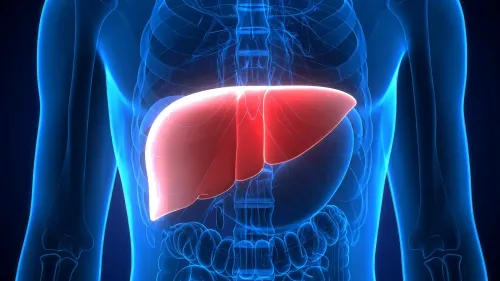Are Parents Aware of the Signs of Suicidality in Children?

Synopsis
Key Takeaways
- Recognize signs of distress: Be attentive to emotional and behavioral changes in children.
- Create open communication: Encourage children to express their feelings without fear of judgment.
- Seek professional help: Don’t hesitate to consult a mental health professional when needed.
- Address academic pressure: Balance study time with recreational activities to support mental well-being.
- Understand peer pressure: Be aware of the social dynamics that may impact your child's mental health.
New Delhi, Nov 22 (NationPress) In light of alarming reports concerning a series of suicides among school children in Delhi, Rewa (Madhya Pradesh), and Jaipur (Rajasthan), mental health professionals are urging parents to identify signs of suicidality in their adolescents.
Recently, three tragic suicide incidents involving school children have come to light. A 16-year-old student from class 10 reportedly took his own life by jumping from the Rajendra Place Metro station in Delhi.
In another case, a Class 11 student in Rewa left a note before allegedly dying by suicide, while a nine-year-old child in Jaipur jumped from the fourth floor of his school building, resulting in immediate death.
Experts indicate that these incidents reflect increasing distress among students, particularly in urban areas characterized by high-pressure environments.
“Mental health disorders like depression and anxiety among teenagers are becoming more prevalent worldwide. However, many parents and educators misinterpret the signs as mere ‘laziness’ or ‘disinterest’ rather than recognizing them as distress signals,” stated Dr. Shiv Prasad, a psychiatrist at Lady Harding College, in an interview with IANS.
“Parents and teachers should be vigilant for early warning signs that include emotional and behavioral indicators, such as withdrawing from family, friends, or formerly enjoyed activities; excessive anxiety, irritability, anger, or frequent crying; and sudden shifts in personality,” he added.
Other warning signs include a sudden disinterest in academics; frequent complaints of headaches or stomachaches to evade school or coaching; unexpected weight changes; and social isolation.
“Given the recent suicides involving young children, it is crucial to recognize the signs of suicidality among youth and implement prevention, intervention, and treatment strategies,” said Dr. Astik Joshi, a Child, Adolescent, and Forensic Psychiatrist at a prominent hospital in Delhi.
“Often, children or teens contemplating suicide will express their intent to someone close before taking action. Additionally, mood disturbances or personality changes may occur prior to a suicide attempt. Behavioral shifts such as social withdrawal, increased substance use, impulsive aggression, and letting go of personal belongings may also be observed,” Dr. Joshi further explained.
Experts also highlighted that escalating academic pressure and a competitive culture contribute to children's fear of disappointing parents or teachers. Long hours of coaching with minimal recreational time can adversely affect mental well-being.
Alongside emotional isolation, children encounter social and peer pressures to conform or match their peers’ accomplishments. These comparisons are intensified by social media and cyberbullying, which often goes unnoticed by adults.
Experts encourage parents to foster a supportive emotional environment by inquiring about their children's feelings beyond academics and to seek professional assistance when necessary.
“Enhancing social interactions, employing skill-based psychotherapy, collaborating with educational institutions, and considering medication when needed are potential strategies to lower the risk of future suicide attempts,” Dr. Joshi concluded.









